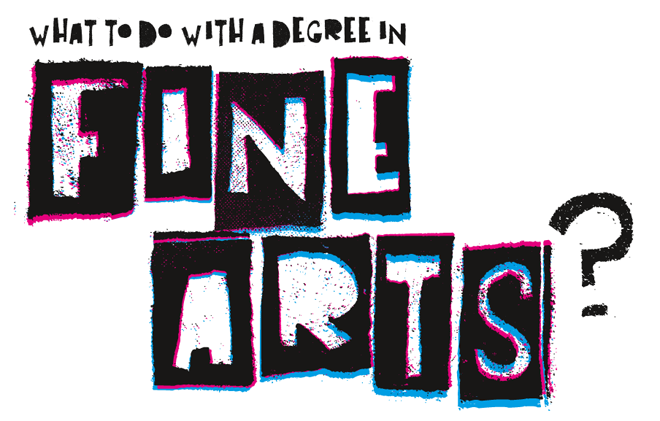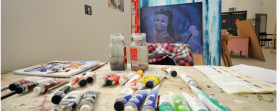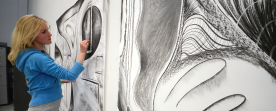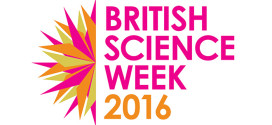
Career prospects for fine arts graduates may seem daunting at first, but taking a long-term view can lead to a wealth of opportunities in the creative and cultural industries for those with transferable skills.
BY Michael Hart
There are many different ways to carve out a career with a BA (Hons) Fine Art under your belt and far more opportunities than you might think. The visual arts play a huge part in the UK’s creative and cultural industries which employ more than 678,000 people in 74,000 businesses, including museums, galleries, studios, art centres, public art agencies, educational bodies and art fairs.
 A degree in fine arts will arm you with the traditional skills involved in painting, drawing and sculpture. Some graduates will take up careers directly linked to their subject: such as professional artists, photographers and printmakers.
A degree in fine arts will arm you with the traditional skills involved in painting, drawing and sculpture. Some graduates will take up careers directly linked to their subject: such as professional artists, photographers and printmakers.
However, you will also gain key transferable skills such as creative thinking and problem-solving which are always useful in a wide variety of careers. Skills like creative thinking, problem-solving, and organization will prepare you for jobs in graphic design, museum and art gallery curating, art therapy and website design.
 Another option is to take a further qualification and specialise in a particular area. Many universities offer a Master of Arts (MA) in related subjects such as illustration, arts management, art therapy and the history of art.
Another option is to take a further qualification and specialise in a particular area. Many universities offer a Master of Arts (MA) in related subjects such as illustration, arts management, art therapy and the history of art.
Alternatively, some students go on to take a Postgraduate Certificate of Education, which qualifies them to become an art teacher in schools.
 About 20 per cent of fine art students go on to have a career as a professional artist, earning money from selling and displaying their work in galleries, exhibitions and art fairs. However, the short-term career prospects are often difficult!
About 20 per cent of fine art students go on to have a career as a professional artist, earning money from selling and displaying their work in galleries, exhibitions and art fairs. However, the short-term career prospects are often difficult!
It can take time to establish yourself as a successful artist, so you must be prepared to build up a portfolio by doing some unpaid work, whilst also entering competitions and exhibitions.
Undertaking work experience and voluntary work, such as getting involved in community art initiatives, will also help to boost your CV and give you valuable experience. Permanent jobs as a Fine Artist are limited, so you may need to take on several part-time jobs for the first few years, to support your creative work.
The best advice when pursuing a career in fine art is to remain positive, and think long-term. Don’t be too daunted at the start of your career. Even though it might be slow to get going, there will be plenty of exciting opportunities as long as you remain passionate and keep working hard. Every university has a careers service, and will provide you with help and advice long after you graduate.
Remember, having a BA (Hons) Fine Art degree does not limit you to careers in the practical arts. You can consider other career paths such as teaching, advertising and marketing and occupational therapy. The skills you’ll acquire will be transferable to many other jobs where thinking creatively is crucial.
Useful links:
http://ccskills.org.uk/creative-choices

 Moving On magazine Careers and Qualifications for School Leavers
Moving On magazine Careers and Qualifications for School Leavers




 A New Sparta Group Company
A New Sparta Group Company